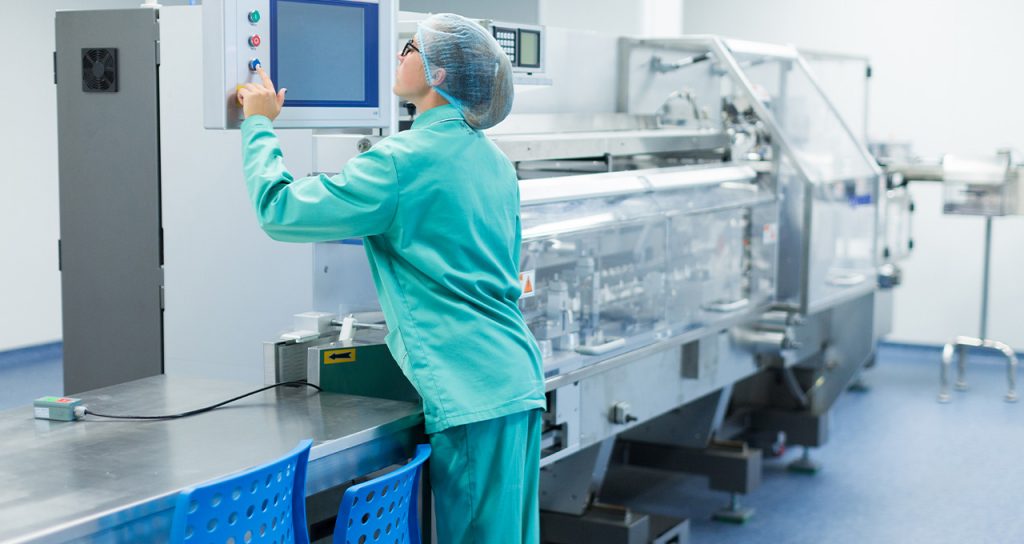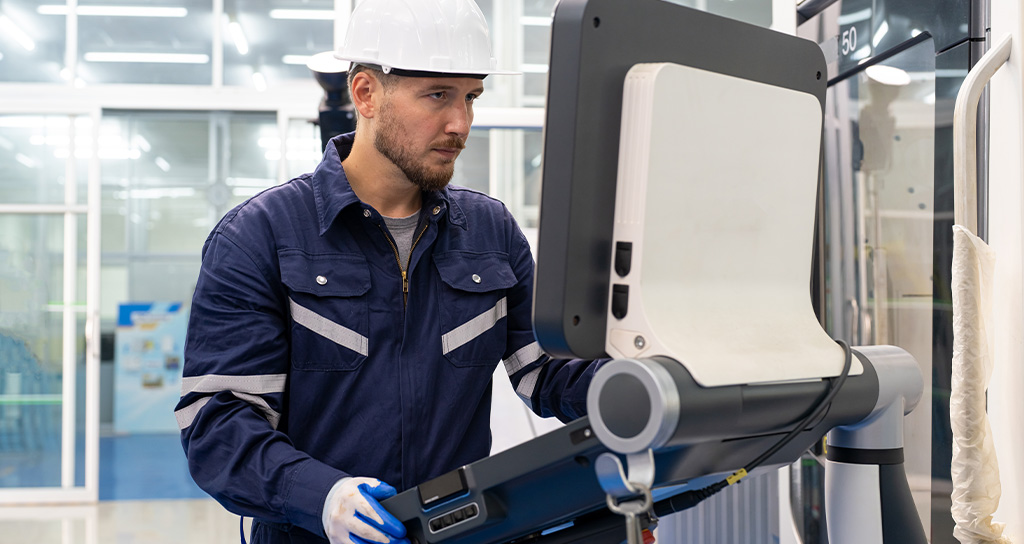France’s production base must look to optimise its competitiveness if it is to improve its energy efficiency. Driving performance is key to meeting environmental challenges.
Industrial players are experiencing growing competitive, legislative, and environmental pressures to contribute to France’s economy. Juggling such pressures is not an easy thing to do at the end of a tough crisis. Some see this as an opportunity to reinvent the French industrial model, while others point to the difficulties of implementing a global transition whose boundaries remain blurred and whose benefits are not yet widely felt.
However, French industry must resume its role of economic leader by demonstrating its capacity to re-assess its model, starting with energy use. Far from being insignificant, this is an area that shows potential for improving processes, quality, and competitiveness – the benefits of which have so far been misrepresented.
Optimising energy efficiency in industry must also serve economic ambitions
The optimisation of energy efficiency is promoted and perceived as a key driver of environmental conservation. But there is more to the “Industry 4.0” concept than that. Initially intended as a structural transformation driven by digital technology, it has now taken on a much wider meaning and incorporates cross-cutting concepts like standardisation, humanisation, automation, and ecology.
Addressing the crisis of confidence among manufacturers
No manufacturer will shy away from a challenge, but it is unrealistic to think that the sector can be “motivated” to overhaul its factories based on predominantly environmental issues, even with the promise of support and incentives. This external pressure is often compounded by a lack of awareness – or disappointment – among those primarily concerned: the proof of economic benefits generated by reforming production sites, although considerable, remains too inconspicuous in an environment known for its culture of secrecy. Furthermore, manufacturers are frustrated by binding legislation and mandatory audits, whose added value is difficult to quantify.
Making energy optimisation the foundation stone of a vitally important continuous transformation plan
However, manufacturers should acknowledge the continuous “regeneration” taking place in the sector, which is well known for its resilience and the milestones in its history that have had an impact on the economy.
Such milestones include the three major revolutions, whose common denominator is the transformation of the energy model of the global production base: the apparition of coal, then oil and nuclear technology in turn provided an opportunity for industry to fully reshape itself. So, what could be more natural than for French industry to now focus on the energy that it uses, that it could generate, that it could save, and that it must negotiate?
With the rate of technological renewal accelerating, continuous improvement has never been so important. But analysing energy use doesn’t just mean changing core processes or regularly upgrading hardware.
Setting up a continuous improvement process for energy efficiency requires an overall awareness of the optimisation methods that structure it:
o Targeted actions that are easy to implement (installation of variable speed drives or insulation blankets, leak detection, relamping, etc.);
o Characterisation of useful energy flows based on minimum energy required at each stage of the process;
o Renegotiation of power purchase agreements, which are often poorly scoped and which have become blurred by market liberalisation;
o Transition to self-consumption, facilitated by a relaxation of legislation;
o Promotion of opportunities for demand-side response solutions. Specialised, flexible and independent integrators are key partners for this as well as for the financing, structure, and guaranteed continuity of the process.
Transitioning to a green economy cannot be an elitist process since it is an essential one
The “factory of the future” continuously demonstrates the adaptability, maturity, and relevance of accessible technologies: there are as many solutions as there are sectors, sizes of site, and levels of investment. To make energy optimisation a tool that will drive performance, building overall awareness is crucial. The factory of the future, such as it must be built, will facilitate a return to expected and long-term growth for everyone, including the environment.
15/11/2018



